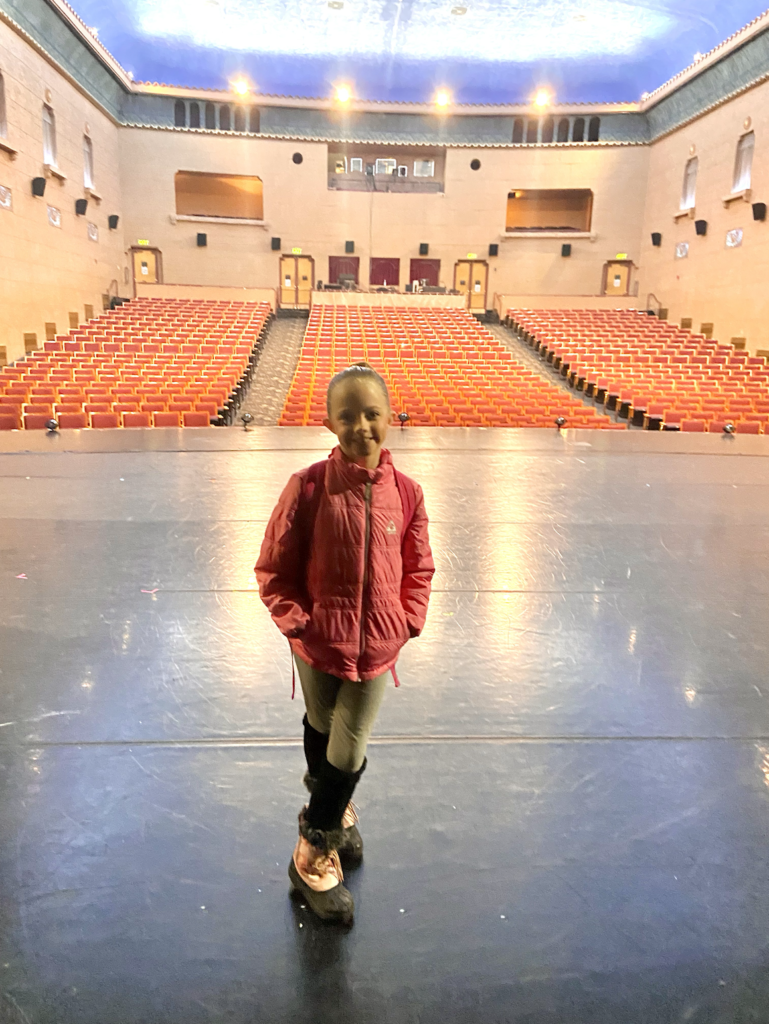
The Over-Scheduled Student
Over-scheduled students come in all shapes and sizes. Or, I should say, all ages and abilities. I have taught 6-year-olds who are so involved in dance, sports, and playing other musical instruments, that finding time to practice is difficult. But a more general trend is that as kids get older, they get busier. Which is why this topic goes perfectly with the discussion on keeping teenage students interested, because almost without fail, as soon as kids hit high school, they experience an explosion in their extracurricular activities. They make the cheerleading squad, the dance team, the show choir, the school musical, the softball/basketball/soccer team. They have hours of homework every night. They are getting up for early-morning practices, and staying up late to finish calculus assignments.
These over-scheduled kids (of any age) generally fall into one of two categories:
- Those who want to find the time to practice, and
- Those who couldn’t care less about practicing.
The second group is obviously the more challenging group to teach. I have spent many hours in lessons with students who didn’t touch the piano once during the week. Sometimes I have felt like they are wasting my time and theirs, as well as their parents’ money. Other times I have felt like the relationship I have with these kids is more important than any musical knowledge they will ever gain from me. Sometimes I am frustrated because of the natural ability that is going to waste. Other times I am able to step back and see that life is not all about music (gasp!) and these kids are going to be okay if they can’t play a B minor harmonic scale or a Chopin Prelude.
I have had a lot of students spend years with me, only practicing in their lessons, and making minimal progress. And yet, on more than one occasion, I have had a student who, through consistent nudging, week after week, has eventually begun taking a little more initiative at home, and ended up creating a really valuable musical experience for themselves. But no matter the outcome, I have never regretted the time spent with any of these wonderful kids, who all looked to me as a friend (even the teenage boys, who would never admit it). Don’t give up on these students!
Of course, the first category of students, those who really want to practice but just can’t find the time, can be just as frustrating, though in a different way. The most important thing to remember here is that consistency makes all the difference. If this is a student who has always been a pretty good practicer, but is suddenly finding himself way too busy to fit it in, you can fall back on that good foundation and help him maintain good habits. Even if all they can manage is 10 minutes a day (my high school piano teacher called this “survival practicing”), they can make some progress in that time. Perhaps they can find one or two days a week where they can still put in a good hour, and they can use the 10-minute days for learning one section, drilling one trouble spot, or memorizing one line of music. If they can stay in the habit of playing the piano every day, even for a very short period of time, they will continue to make music a part of their lives during this busy period and beyond.
And, on that occasional week when the musical is running, or the basketball team is in the state playoffs, and the piano doesn’t get touched at all, it’s okay! If they have managed to stay consistent on other weeks, one week isn’t going to hurt them. I have had many students perform quite well in recitals after a week of no practicing, because their preparation was consistent in the weeks beforehand.
Obviously, I am sort of describing the best-case scenario here. Most students will not be so perfect about maintaining good habits when they find themselves over-scheduled. But even here, consistency on the part of the teacher (and the parents, if you can get them involved) will make the biggest difference. Keep practicing with them, keep teaching them how to practice effectively, keep motivating them to fit the practicing in. Keep talking to them about their schedules, stay interested in their other activities, let them know you care about them as a person. Make it about what they did do each week, not what they didn’t. And most of all, have fun with them and with the music!


 Previous Post
Previous Post Next Post
Next Post


















Bonnie, thank you for another wonderful post! I love that you emphasize what the student DID do during the week, not what they didn't.
Great post, Bonnie! I myself was a busy high school student and somehow survived. I had a wonderful teacher who was quite strict, but still understood my dreams and desires. I began taking lessons from her at the beginning of high school and when she told me she generally only teaches students who will go on to major in piano I scoffed and thought YA RIGHT! Well, I did make progress despite a crazy schedule and DID end up majoring in piano. Just like you, she was interested in other aspects of my life and tried to emphasize was I was doing and not focusing on what I wasn't doing (which was tons of practicing!). Music is wonderful, but it's definitely not everything and as a teacher I definitely want a well-rounded student!